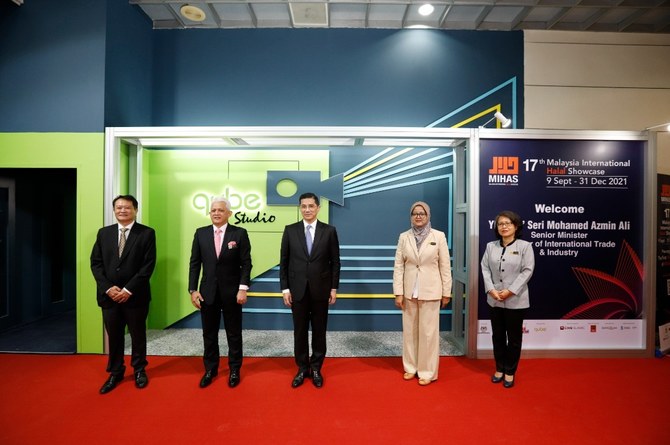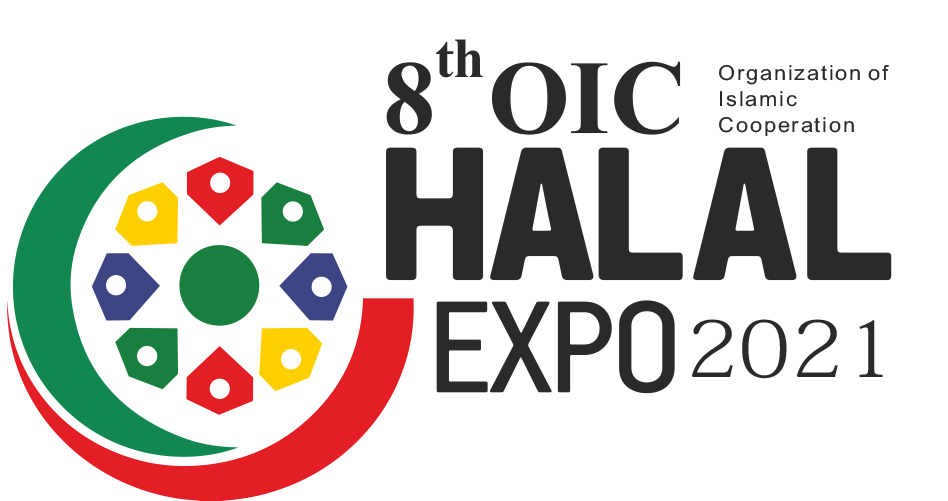Dubai: The Dubai Islamic Economy Development Centre (DIEDC) is looking at implementing a refreshed Islamic Economy Strategy for 2017-2021 that will help realise the ‘Dubai: Capital of Islamic Economy’ vision.

The board of the DIEDC held a meeting that reviewed a series of initiatives to be implemented in the upcoming period within the framework of DIEDC’s refreshed strategy.
Chaired by Sultan Bin Saeed Al Mansouri, Minister of Economy and Chairman of DIEDC, the meeting saw board members also approve, in principle, several initiatives that would significantly contribute to achieving the centre’s strategic objectives, including the establishment of a global Fiqh league and a global education platform aimed at strengthening the Islamic economy sectors.
“[The] DIEDC continues to design and launch crucial initiatives to enable the growing Islamic economy to meet the surging demand for its products and services within the local and international markets,” Al Mansouri said.
The global Fiqh league, to be established in collaboration with the centre’s strategic partners, will be the first international, legally independent non-profit scientific body of its kind in the world.
Set to complement the role of the Higher Sharia Board for Islamic Banking and Finance, the league will comprise a group of Islamic scholars specialised in financial jurisprudence, carefully chosen based on universally applicable financial standards to run the league with the assistance of research centres and related organisations.
As part of its strategic objectives, the new entity will encourage global economic sectors to support the Islamic economy, help expand its footprint in local and international markets, and manage Islamic economic knowledge. Through such efforts, the global Fiqh league is expected to help establish Dubai as the capital of Islamic economy.
The launch of the global Fiqh league will enrich outcomes and improve efficiency in dealing with the latest developments in capital markets, especially with regard to the globalisation of investments.
Under a separate initiative, the DIEDC will collaborate with the Hamdan Bin Mohammad Smart University to establish an educational platform for the Islamic economy that aims to strengthen the Islamic knowledge sector with relevant research and studies and upskill human resources employed within the Islamic economy.
The platform will serve as a unified global reference source on the principles and ethics of Islamic economy, and allow educational institutions that teach Islamic economy to connect and exchange information on their programmes and best scientific practices.
“Knowledge is the basis of the evolution of any economic system, and it should be unified with regard to its principles and legal foundations. There is still much to learn about Islamic economy and how to leverage its diverse sectors to achieve stable and sustainable growth. The educational platform will underpin the efforts of academic institutions to explore scientific disciplines in various fields of Islamic economy,” Al Mansouri said.
During the board meeting, Abdulla Mohammad Al Awar, CEO of the DIEDC, presented an overview of the initiatives that the centre is currently working on in cooperation with its strategic partners.
Al Awar also highlighted the challenges and opportunities with regard to implementing these initiatives. Furthermore, he reviewed the results of the updated strategy adopted by the centre at its previous board meeting and its impact on the prospects for the growth of the Islamic economy at local and international levels.



